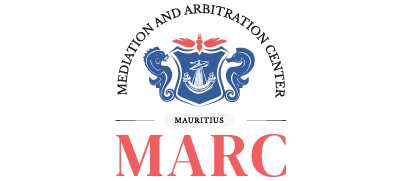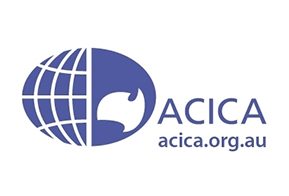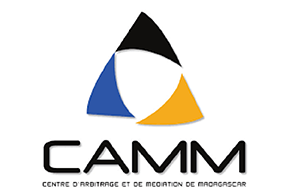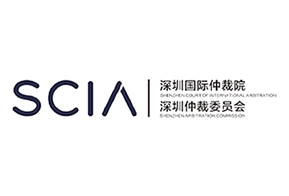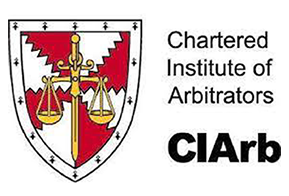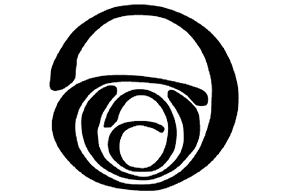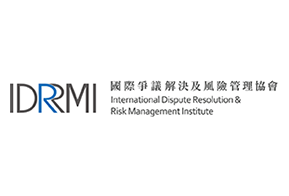MARC is an autonomous, non-governmental dispute resolution center based in Mauritius. MARC aims to provide the business community with quick, efficient, flexible and confidential means of resolving disputes, through mediation or arbitration, as alternatives to litigation before state courts.
No. In its position as an independent and neutral arbitration institution, MARC does not act on behalf of any party in arbitration proceedings, nor does it provide any legal advice.
The Mauritian legal system is a composite system of laws which blends both the French civil law and the British common law practices, characterized by a duality of concepts – the French substantive laws and the English procedural laws, respectively. In addition to its welcoming legal framework and ideal geographical position at the crossroads of Asia, the Middle East and Africa, Mauritius boasts a bilingual population and state of the art facilities and ICT infrastructure which makes the island a destination of choice for regional and international arbitration.
Its international arbitration law, set forth in the International Arbitration Act 2008 (“IAA 2008”) amended by the International Arbitration (Miscellaneous Provisions) Act 2013, is based on the UNCITRAL Model Law, which is widely acknowledged as representing the best standards in the field worldwide. In addition, its law contains provisions which further enhance arbitral autonomy, confidentiality in appropriate cases, and above all, neutrality. Moreover, Mauritius is a party to the New York Convention as well as the ICSID Convention.
MARC registered cases concerning the following types of disputes or arising from the following sectors:
- Construction (30%)
- Real Estate & Property (24%)
- Corporate (20%)
- Intellectual Property (12%)
- Energy (6%)
- Media (3%)
- Maritime (3%)
- Financial (2%)
Parties from many jurisdictions participated in arbitrations submitted to MARC. The top seven geographical origins or nationalities of these parties were: Mauritius, France, Madagascar, England, Congo, South Africa and UAE.
72% of the administered arbitrations were conducted in English and 28 % in French.
The MARC Court, currently presided by Mr. Neil Kaplan CBE KC SBS, which oversees MARC’s case management, is comprised of 17 eminent arbitration practitioners from around the world representing both the common law and civil law traditions. The MARC Advisory Board, currently chaired by Dr Jalal El Ahdab, consists of sixteen internationally renowned experts in the field of arbitration. The Advisory Board is consulted on matters relating to MARC's development policies and best practices as well as on projects and initiatives to further the development of ADR methods as effective trade and business facilitation tools.
No. There is no minimum or maximum claim amount for cases to be administered by MARC.
Yes. MARC is also able to administer disputes in French and Chinese.
Yes. MARC is able to administer arbitrations where the governing law of the contract is not Mauritian law.
Yes. MARC is able to administer arbitrations where the seat of arbitration is not Mauritius.
No. When there is no agreement between the parties as to the seat, the seat of arbitration shall be decided by the Court taking into account the circumstances of the case.
No. Generally, and subject to any agreement to the contrary or other circumstances, hearings in MARC arbitrations do not need to be held in Mauritius. Unless the parties have agreed otherwise, the arbitral tribunal may meet at any location outside of the seat of arbitration which it considers appropriate for consultation among its members, hearing witnesses, experts or the parties, or the inspection of goods, other property or documents. The arbitration shall nonetheless be treated for all purposes as an arbitration conducted at the seat.
Yes. There are cases filed with MARC that have absolutely no connection with Mauritius.
The mean duration of cases at MARC is 18 months. The actual duration of any case will depend on, among other factors, the number of arbitrators, total amount in dispute, complexity, schedule for submissions, interlocutory applications, discovery, factual witnesses and/or expert witnesses, hearing days and the respective calendars of parties and the Tribunal.
In the event that parties would like a ‘fast-track’ arbitration, the MARC Expedited Procedure requires the final award to be issued within six months from the date when the Secretariat transmitted the file to the arbitral tribunal. In exceptional circumstances, the Secretariat may extend this time limit.
MARC’s operating hours are Monday to Friday, 8.30 am to 4.30 pm (GMT+4). Outside of those hours, we remain reachable at all times at [email protected]
Yes. In drawing up international contracts, MARC recommends that parties include MARC Model Clause:
“Any dispute, controversy, difference or claim arising out of or relating to the present contract shall be referred to and finally resolved by arbitration administered by the Mediation and Arbitration Center of Mauritius (“MARC”) under the MARC Arbitration Rules in force when the Request for Arbitration is submitted.
* The law of this arbitration clause shall be [insert law, e.g., Mauritius law].
** The number of arbitrators shall be [one or three]. The arbitration proceedings shall be conducted in [insert language]”.
[* Optional. This provision should be included particularly where the law of the substantive contract and the law of the seat are different. The law of the arbitration clause potentially governs matters including the formation, existence, scope, validity, legality, interpretation, termination, effects and enforceability of the arbitration clause and identities of the parties to the arbitration clause. It does not replace the law governing the substantive contract.
** Optional.]
